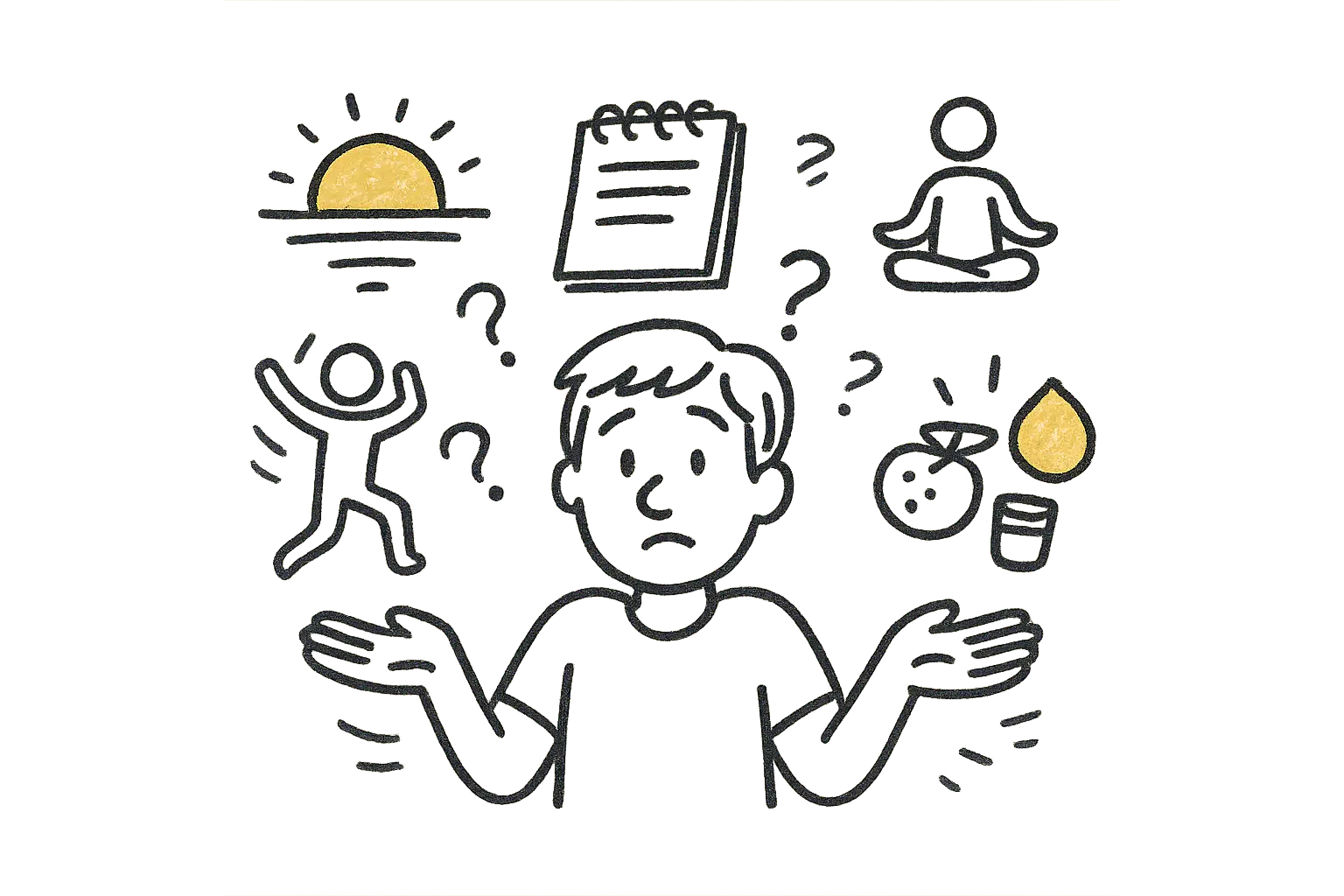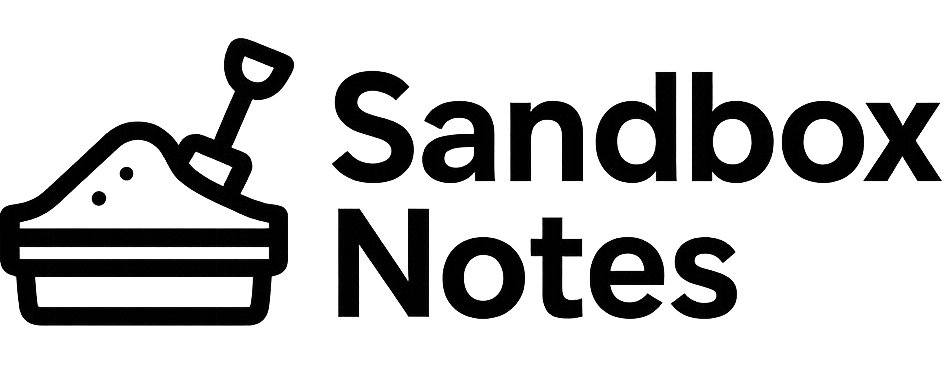Self-Care Routines Don’t Work for Everyone—and That’s Okay

I’ve noticed how often the “perfect” self-care routine gets hyped—wake up early, journal, meditate, stretch, drink lemon water. Sometimes it sounds inspiring, like an infomercial for the best version of yourself. But for me—and I know for many others—those kinds of rigid, step-by-step routines can feel more like a test than a lifeline.
Here’s what I’ve learned: self-care isn’t about following one golden script. It’s about having options. Some people thrive on structure; others need flexibility. And the science increasingly points toward the same thing: what matters most isn’t the routine, but your ability to choose the right strategy at the right time.
Why Flexibility Matters More Than Rituals
Psychologists actually have a term for this: coping flexibility. A paper in Frontiers in Psychology lays out the Coping Flexibility Hypothesis: people who can abandon strategies that don’t work—and replace them with new ones—report healthier psychological and even physical outcomes.
That’s echoed by another concept called psychological flexibility. Kashdan and Rottenberg’s widely cited article (2010) argued that adaptability—the ability to shift thoughts, emotions, or behaviors in line with your values—is one of the strongest predictors of well-being. And more recently, a 2024 meta-analysis confirmed the flip side: inflexibility is consistently linked to lower well-being.
In other words, it’s not about whether you meditate or journal. It’s about whether you can pivot when meditation makes you more anxious, or journaling starts to feel like homework.
A Glimpse from the Brain
The neuroscience, while still evolving, backs up this idea of “multiple paths to wellness.”
- Mindfulness and interoception. Mindfulness practice has been shown to modify activity in the insula—a brain region tied to bodily awareness. That suggests it’s especially useful when we need to reconnect with our physical signals.
- Cognitive reframing. Reappraisal—basically learning to reinterpret a stressful situation—lights up prefrontal and lateral temporal regions while calming the amygdala. In other words, it leans on the brain’s cognitive control systems to quiet emotional reactivity.
Different tools, different circuits. Which means leaning on a mix of strategies isn’t just psychologically wise—it may be neurobiologically efficient.
Everyday Examples of Flexibility
Research is great, but I’ve also seen this play out in ordinary life:
- Anxiety days. Sometimes writing my worries out helps. Other times, my mind just spirals on the page—and what I need most is to walk outside, feel my feet hit the ground, and breathe.
- Busy parents. A 20-minute ritual isn’t happening while juggling kids, work, and meals. But taking three intentional breaths while stirring pasta sauce? That’s doable.
- Students and burnout. Studies link exercise with lower academic burnout. And honestly, a quick gym session may sometimes beat forcing yourself to meditate when your head is buzzing with deadlines.
The theme here: flexibility isn’t failure. It’s intelligence.
Building a Toolbox, Not a Script
So instead of obsessing over a flawless routine, I’ve started thinking in terms of a toolbox:
| Tool Type | Examples |
|---|---|
| Body | Walk, stretch, short workout |
| Mind | Journaling, reframing thoughts, gratitude list |
| Emotion | Talk with a friend, listen to music, art/creativity |
| Environment | Step outside, adjust lighting, declutter |
| Micro-tools | 30 seconds–3 minutes: deep breaths, grounding with senses, drink water |
And here’s the catch: building that toolbox takes time and experimentation. Some tools won’t fit. Others might surprise you. And it’s not about collecting dozens of strategies—it’s about knowing which one to grab when life throws something at you.
My Reflective Takeaway
I’ve stopped scolding myself when the “ideal routine” falls apart. Some mornings, writing clears my head. Other days, blasting music in the car with the windows down is what actually shifts my mood. Both count. Both matter.
So maybe the better question isn’t, “What’s your self-care routine?” but rather:
“What’s in your toolbox—and how do you know which tool to reach for today?”
References
- Cheng, C. et al. (2014). Coping flexibility and psychological adjustment to stress. Frontiers in Psychology.
- Kashdan, T.B. & Rottenberg, J. (2010). Psychological flexibility as a fundamental aspect of health. Clinical Psychology Review.
- Monestès, J. et al. (2024). Meta-analysis of psychological inflexibility and well-being outcomes. Journal of Contextual Behavioral Science.
- Farb, N.A. et al. (2019). Interoception and mindfulness: neuroscience evidence. Trends in Cognitive Sciences.
- Buhle, J.T. et al. (2014). Cognitive reappraisal of emotion: A meta-analysis of neuroimaging studies. Cerebral Cortex.


Member discussion